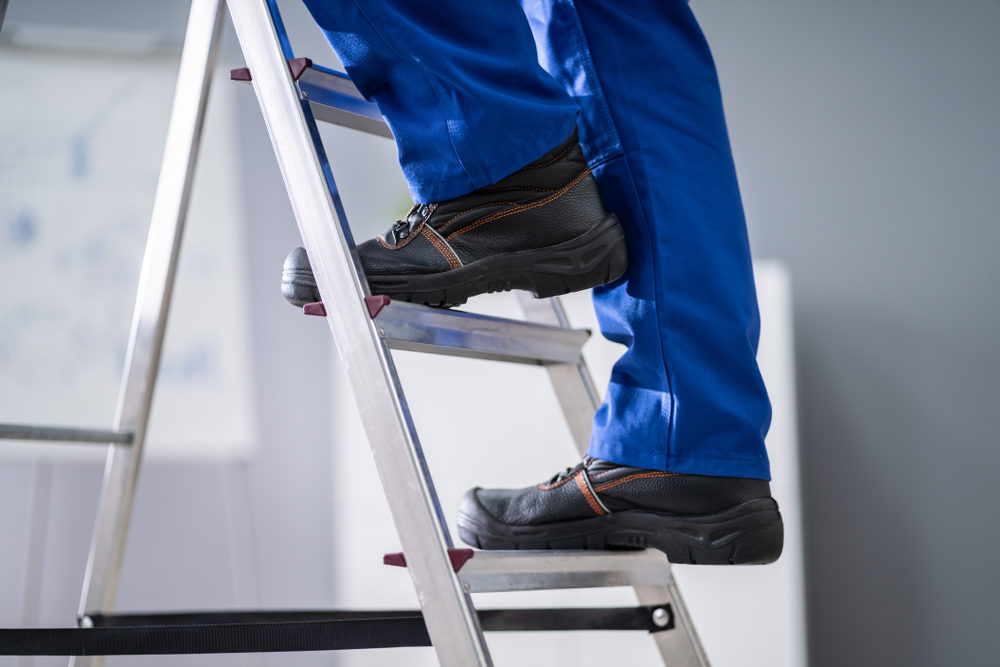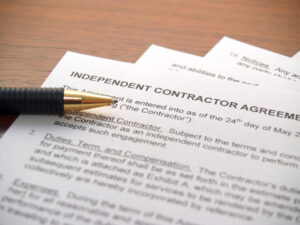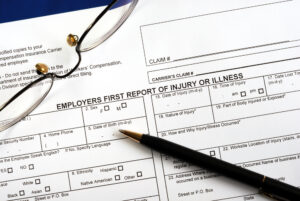
No matter where you work, accidents can happen. Injuries that occur at work aren’t just tied to high-risk industries like construction and manufacturing. According to the CDC and National Institute for Occupational Safety and Health, slips, trips and falls accounted for 27% of the over 900,000 non-fatal work injuries in 2018. More than 235,000 time-lost injuries were due to contact between workers and objects and equipment.
Unfortunately, there is also a large number of work-related deaths. In 2019, 306 Florida workers died from work-related injuries, and men accounted for 91% of the work-related deaths in Florida. Despite the advances in health and safety policies and protections, workers continue to experience injuries, sometimes fatally, while at their workplace.
Most Common Causes of Florida Workplace Injuries
Let’s explore some of the common causes of workplace injuries. According to the National Safety Council (NSC), the top three leading causes of work-related injuries account for more than 84% of all nonfatal injuries involving days away from work. The top injuries include:
Overextension and bodily reaction: These work injuries result from common activities such as lifting, pushing, turning, holding or throwing objects. Also, small tasks that involve repetitive motions can create stress or strains on certain body parts such as hands and shoulders.
Slips, Trips and Falls – Slipping or tripping on uneven or slippery walkways at work can cause these injuries. Injury falls at work can occur on or against an object on the same level, or falling to a lower level from a ladder, or through surfaces, scaffolding or other structures.
Contact with objects or equipment: Injuries in this category could be the result of being hit by objects, caught in machines or equipment, crushed by structures or machinery and colliding with equipment or objects.
According to the U.S. Bureau of Labor Statistics, in regards to fatal Florida workplace injuries transportation incidents and falls, slips and trips accounted for the most deaths in 2019. Together they accounted for 57 percent of all workplace fatalities in Florida. Workers exposed to harmful substances or environments came in third. Nationally, the workplace fatal incidents align with Florida. Transportation incidents were the most frequent fatal workplace event, accounting for 40 percent of fatal work injuries. Falls, slips, and trips were the second-most common fatal event.
There is also an enormous cost to workplace injuries, many of which could have been prevented. A 2021 Workplace Safety Index was created to highlight causes and the estimated cost of serious workplace injuries across the country. According to this index, the top 10 causes of workplace injuries cost businesses in America more than $1 billion per week. The cost includes the direct costs to employers, including medical expenses and lost-wage expenses..
What Happens When a Florida Workplace Injury Occurs?
Unfortunately, not all workplace injuries are reported, but they should. When an accident or injury occurs in a Florida workplace, there is a specific process that needs to be followed – including reporting the injury to your employer as soon as possible.
In Florida to be covered under your employer’s workers’ compensation policy, you need to notify your employer of the work-related injury or illness within 30 days from the date of the accident, or within 30 days of a doctor determing you suffered a work-related injury. After notifying your employer, the business will contact their workers’ compensation insurance company to inform them of the injury.
You should also seek medical care and document each step. However, understand that the medical provider you see for treatment will be chosen by your employer or their insurance provider. While being treated, you won’t pay for your prescribed medication, medical bills or appointments. And, the seriousness of the injury will determine if and when further treatment is required.
If the injury is more severe and you cannot work, you may be eligible to receive Temporary Total Disability (TTD) or Temporary Partial Disability (TPD) benefits. These benefits apply if a doctor tells you that you cannot return to work after the workplace injury. If you can return to work, a doctor will clear you as fit for work, even if you are not fully recovered. There may be some cases where you are expected to return to work in a limited capacity.
Related: Should I Hire a Florida Workers’ Compensation Lawyer?
After suffering a workplace injury, you may find Florida’s workers’ compensation claim process to be confusing and difficult to navigate, especially if you have never utilized workers’ compensation before. Seeking legal advice from a qualified workers’ compensation attorney can reduce the stress and anxiety throughout the process.
If you or someone you know has experienced a workplace injury and has questions or concerns about the process or the benefits you should be receiving, know that a workers’ compensation attorney can help.

At the Scott R. Marshall law firm, we represent people around Florida in claims arising out of workers’ compensation, personal injury and wrongful death. Our firm believes the best way to represent clients is to take the time to get to know them. We deal directly with our clients on all legal issues and provide professional, personal and aggressive representation.















Comments for this article are closed.